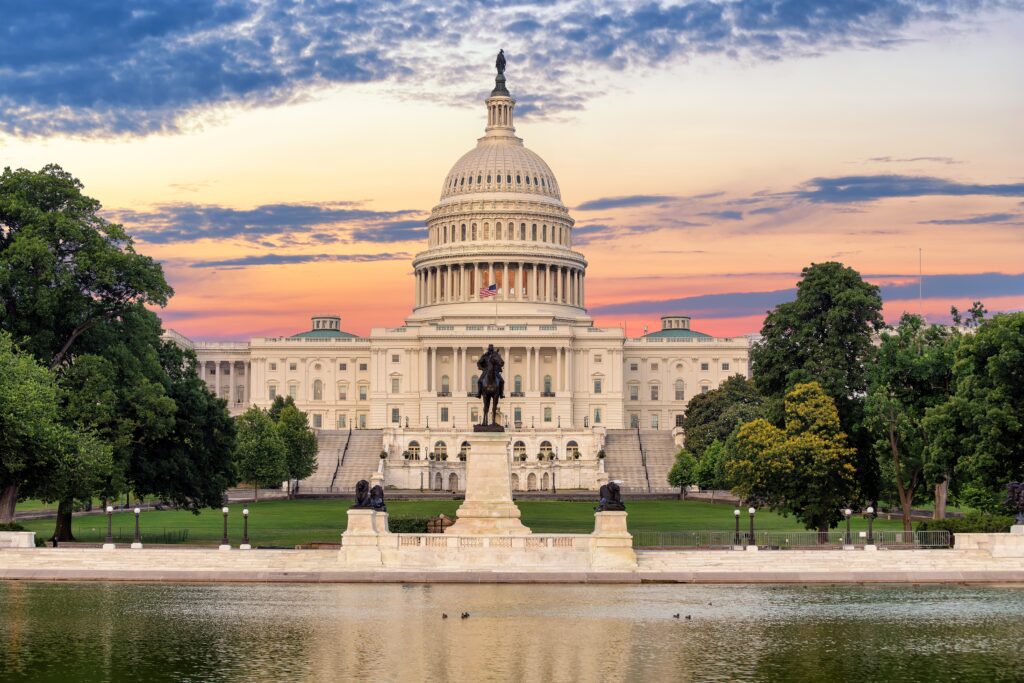As summer kicks off, a record 19 million Americans are expected to pack their swimsuits and set sail on a U.S. cruise ship. And while passengers take in the scenery from their deck chairs, what they probably won’t notice is the massive global system making their vacations safe, clean and reliable.
One of the biggest players in that system? The United Nations’ International Maritime Organization (IMO).
IMO: Captain of the High Seas
Established in the wake of WWII and while the Titanic tragedy still lingered in the public consciousness, IMO was founded to guide international collaboration on maritime safety. That focus on safety led to IMO’s most famous treaty — SOLAS, or Safety of Life at Sea. Thanks to SOLAS, cruise ships are now among the safest forms of travel in the world, with far fewer accidents than flying or driving.
Keeping Oceans Clean and Air Breathable
It’s not just people onboard who IMO protects — it’s also the ocean and coastal communities. Cruise ships and cargo vessels can be major polluters, but IMO’s MARPOL treaty changed that.
Following the 1967 Torrey Canyon oil spill that released 120,000 tons of oil into the ocean, MARPOL set rules for how ships manage everything from oil to sewage to air pollution. Vessels must now treat sewage before releasing it, limit garbage discharge and use cleaner fuel. The result? Healthier coral reefs, cleaner port city air and postcard-perfect destinations.
Trained Crews, Protected Passengers
Cruise ships are more than floating hotels — they’re intricate cities at sea. IMO’s Convention on Standards of Training, Certification and Watchkeeping for Seafarers (STCW) ensures every crew member on both recreational and commercial vessels is trained in fire response, emergency evacuation and first aid.
And if something does go wrong — a mechanical failure, medical emergency or missed port call — IMO legal frameworks like the Athens Convention protect passengers’ rights, ensuring access to emergency help and financial compensation. In one case last year, a cruise passenger off Puerto Rico needed a helicopter evacuation. Because of IMO-driven rescue protocols, that mission happened quickly and seamlessly in collaboration with IMO and the U.S. Coast Guard.
Supporting U.S. Jobs and the Economy
But that cruise you’re enjoying is just one piece of the puzzle. The real economic powerhouse is global shipping. IMO keeps it running.
Today, 80% of global trade is transported by ship, brought in and out of the U.S. each year by around 40 million shipping containers docking at American ports. That activity supports more than 650,000 American jobs and adds nearly $2 trillion to the U.S. economy. From Iowa soybeans to California electronics, American exports rely on stable trade routes — and that’s what IMO helps guarantee through harmonized port regulations and shipping standards.
Pirates Still Exist — And IMO is Monitoring
With the rise of global trade has come the rise of maritime piracy. In hotspots like the Red Sea and Singapore Straits, in fact, attacks have risen by nearly 35% in early 2025 alone. Piracy delays shipments, raises costs and threatens lives.
IMO plays a quiet but crucial role here, too — coordinating piracy reporting, supporting anti-piracy alliances and standardizing ship safety practices. National navies may provide security, but IMO provides the rules everyone follows.
Why U.S. Engagement Matters
IMO isn’t just technical — it’s strategic. China, home to six of the ten busiest ports and half the world’s commercial vessels, is investing heavily in shaping future maritime rules, especially around green fuels.
That’s exactly why, Kerrlene Wills, Director for Ocean and Climate at the UN Foundation, says U.S. engagement is so important: “If the U.S. wants to bring shipbuilding home, they need to help write the rules.”
She also points out that IMO is a diplomatic bridge. “IMO is an area where our relationships with strategic allies — especially critical island states like our neighbors in the Caribbean — can grow.”
For the U.S., then, IMO pays dividends in benefits to Americans, while propping up U.S. economic competitiveness and global leadership.
Quiet Diplomacy, Real Results
The International Maritime Organization may not make headlines, but it keeps the world’s most essential commercial system — shipping — safe and sustainable. Its rules protect your cruise. They keep oceans clean and ports efficient. They uphold your rights as a traveler. And for Americans, they support U.S. exports, jobs and economic prosperity.
So the next time you’re watching the sunset from a ship deck or tracking a package online, take a moment to appreciate the silent engine behind it all — IMO, at the helm of safer waters.




